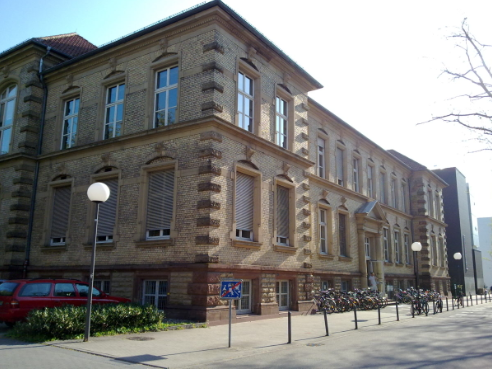The Karlsruhe Institute of Technology (KIT) in Germany has received funding for a project concerned with working on a fundamentally new concept for solar cells.
The ‘KeraSolar’ – or Novel Liquid Applied Solar Cells – project will focus on new functional materials made from ceramics which the group says promise “outstanding robustness and long-term durability”. The materials are also said to be shapeable for integration into different surfaces and offer low cost manufacturing reliant on cheap, abundant raw materials.
The Carl Zeiss Foundation, of which the company of the same name plus Schott AG are a part, has provided €4.5 million to fund the six-year project. The foundation describes itself as “ the oldest private scientific foundation in Germany”, backs research in areas in which its companies operate, with projects financed from the dividends paid by Carl Zeiss AG and Schott.
KIT says the ceramic materials it is working with offer “almost infinite possibilities for combining elements and connections … achieving tailor-made material properties”. The institute said the project will bring together around 16 different research groups from KIT’s material science center for energy systems (MZE), whose expertise ranges from electrical engineering and materials science to physics and chemistry.
“We are delighted that the MZE has quickly become a showcase project for modern, multidisciplinary materials research whose achievements are recognized and sustainably supported by KeraSolar,” said Michael J Hoffmann and Alexander Colsmann, who will coordinate the research. “Thanks to scientists from completely different disciplines and backgrounds we are able to set up such a challenging research project.”






